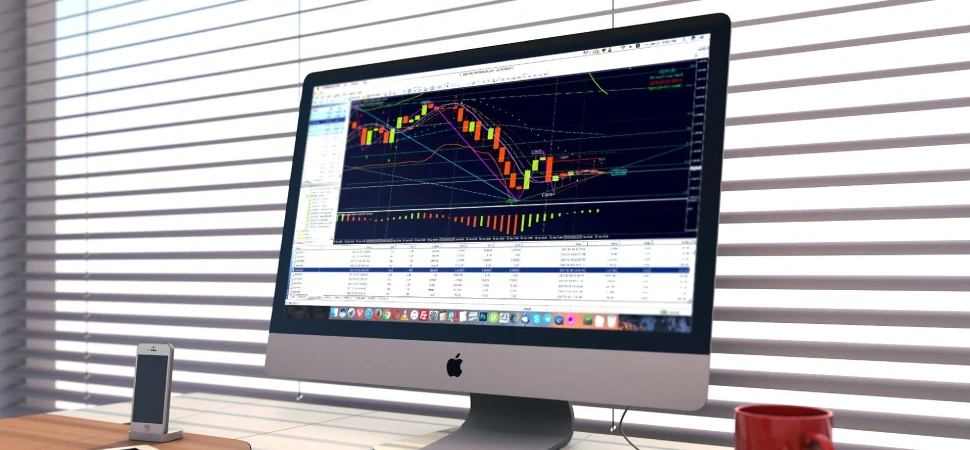10.06.2024
Евгений Лебедев
270

Political events such as elections, referendums, policy changes and geopolitical tensions can have a significant impact on currency markets. Traders need to understand the potential impact of these events and the subsequent investor reaction. Currencies are sensitive to political stability, economic policies and geopolitical risks, so it is important to keep abreast of political events around the world.
Example
A recent example of how global politics can affect currency trading is the UK's decision to leave the European Union, known as Brexit. The announcement of the Brexit referendum in 2016 sent shockwaves through the currency market, leading to significant fluctuations in the value of the British pound sterling. Traders who were aware of the possible consequences of this event were able to capitalize on the sharp currency fluctuations that followed.
Similarly, political tensions between the US and China have been an important factor in currency movements in recent years. The ongoing trade war and geopolitical disputes between the two economic giants are creating uncertainty in global markets. Traders closely follow the latest news and analysis related to these tensions to assess their potential impact on currency pairs such as USD/CNY or USD/JPY.
Stay informed
Traders should utilize a variety of resources to stay abreast of the impact of global politics on currency trading. News sites, financial blogs and social media platforms are great sources of up-to-date information. In addition, subscribing to newsletters or participating in online Forex trader communities can provide valuable information from experienced traders and analysts.
Forex traders should pay particular attention to political events and policy decisions that can have a significant impact on the Forex markets. Elections and changes in government leadership can lead to changes in economic policies that can affect the value of a country's currency. For example, a new government with expansionary fiscal policies may cause the currency to depreciate, while a government with cautious monetary policies may strengthen the currency.
Geopolitical events such as conflicts or diplomatic tensions can also affect currency markets. During times of geopolitical uncertainty, investors often turn to safe-haven assets such as the Swiss franc or Japanese yen, causing them to appreciate in value. Traders should closely monitor geopolitical events to identify potential opportunities or risks.

Impact of world politics
Analyzing the impact of world politics on currency trading requires a thorough understanding of fundamental analysis. Fundamental analysis involves evaluating economic indicators, government policies, and geopolitical factors to determine the intrinsic value of a currency. Traders can use this information to make informed trading decisions.
Another important tool for currency traders is technical analysis. By studying charts and price patterns, traders can identify trends and potential entry and exit points. However, it is important to remember that political events can disrupt technical patterns and cause unexpected changes in the market. Therefore, a combination of fundamental and technical analysis is often the most effective approach.
In conclusion, global politics have a huge impact on currency trading. Traders need to keep up to date with the latest news and analysis on political events, elections, policy changes and geopolitical tensions. By understanding the potential impact of these factors, traders can make informed decisions and capitalize on potential profits from the volatile Forex market. To successfully trade currencies in today's dynamic global environment, it is important to utilize a combination of fundamental and technical analysis, as well as stay abreast of political developments.
Key findings
1. Impact of Political Events: Political events such as elections, referendums, and geopolitical tensions can have a significant impact on currency markets.
2. Example of Brexit: The UK's decision to leave the EU caused significant fluctuations in the value of the pound, illustrating the impact of global politics on currency trading.
3. Tensions between the US and China: The trade war and geopolitical disputes between the US and China have created uncertainty in global markets, affecting currency pairs such as USD/CNY and USD/JPY.
4. Information Resources: To trade successfully, traders should utilize news websites, financial blogs and social media, as well as subscribe to newsletters and participate in online trading communities.
5. economic policies and currencies: Changes in government and economic policies can affect the value of a currency, for example, expansionary fiscal policies can devalue a currency while cautious monetary policies can strengthen it.
6. Geopolitical events: Conflicts and diplomatic tensions can increase demand for safe-haven assets such as the Swiss franc or Japanese yen.
7. Fundamental Analysis: Traders should use fundamental analysis to evaluate economic indicators, government policies and geopolitical factors.

/ Reviews